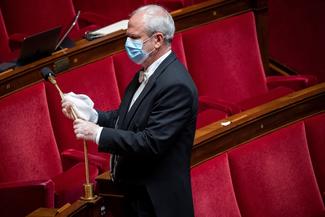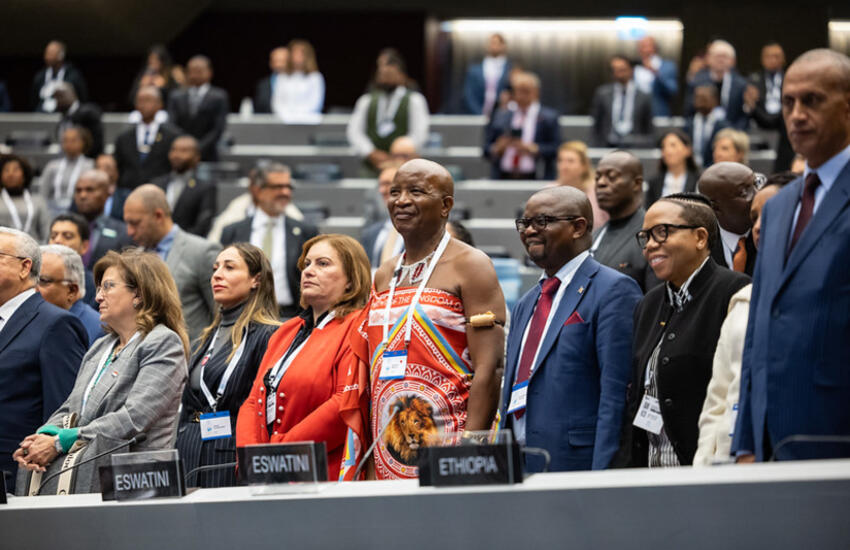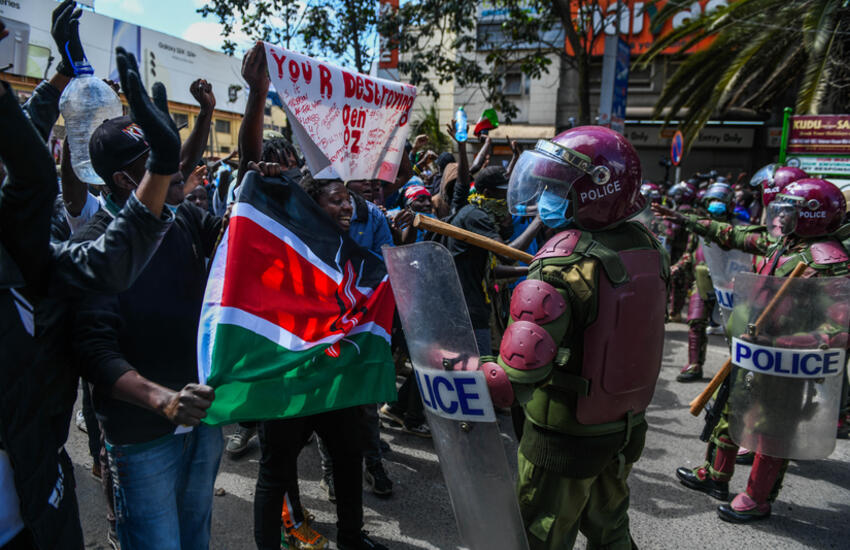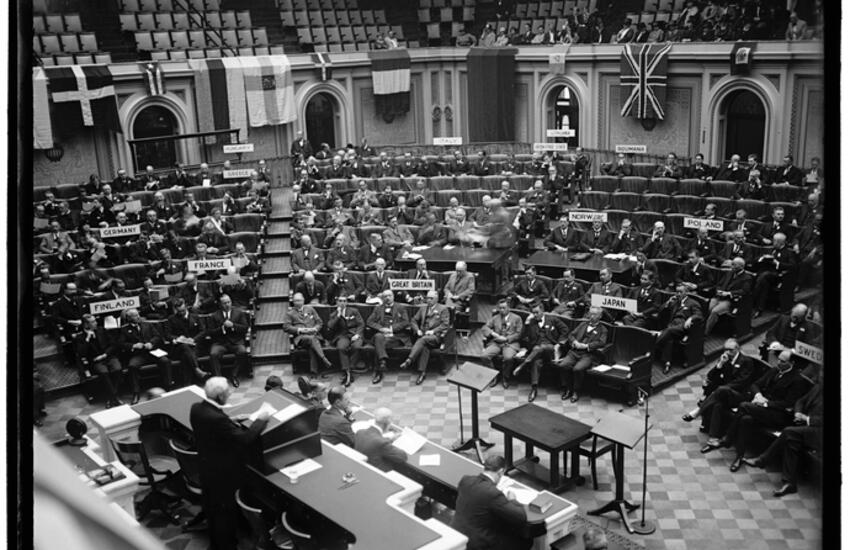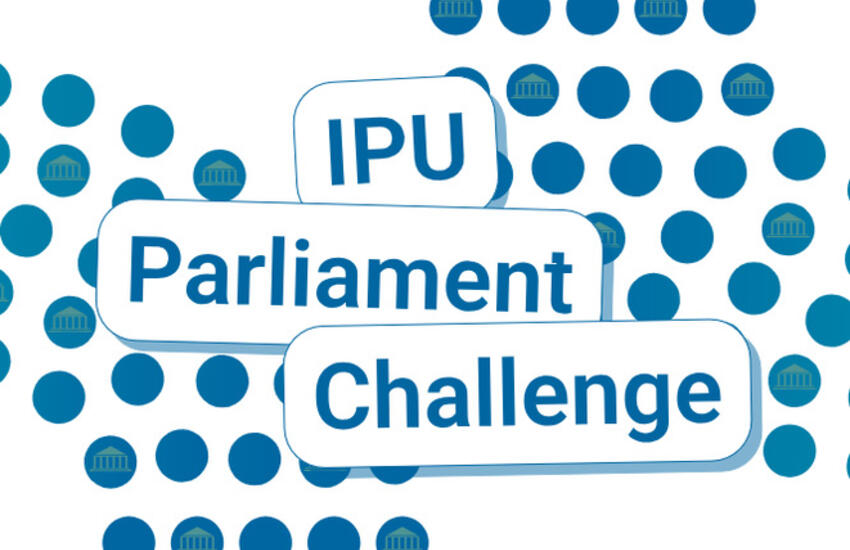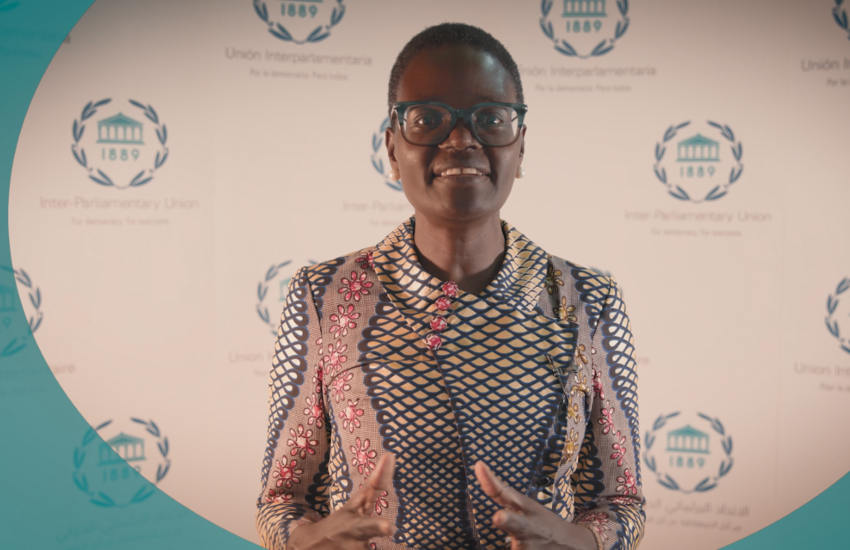In a new research paper, the IPU shines the spotlight on parliamentary staff, the people who support the Members of Parliament. The paper analyses key dimensions of parliamentary autonomy in administrations – from recruitment practices to budgetary powers – across the globe.
Since 2016, the IPU has conducted research through global surveys and in-depth case studies on the diverse ways in which parliaments govern their parliamentary administrations. This research, with a series of consultations with parliaments, has fed into the paper, Comparative research paper on parliamentary administration. The paper provides an overview of the current state of the governance of parliamentary administrations, and then looks in depth at 13 parliaments across the world.
The staff supporting the work of the MPs – the parliamentary administration – is in many ways the backbone of parliament. Parliaments and their members depend on a dedicated staff to provide impartial assistance to members in carrying out their legislative, oversight and representation functions, office facilities, and to serve as the institutional memory.
A strong and independent parliamentary administration often accompanies an autonomous and resilient parliament, particularly in the face of external uncertainties. The COVID-19 pandemic has demonstrated this, with many parliaments setting up business continuity plans and carrying out their essential work without needing to rely on support from the executive branch. (You can find some of the innovative measures on the IPU’s Parliaments in a time of pandemic compilation page.)
The paper aims to be a source of knowledge for the parliamentary community, as well as a stepping stone towards helping parliaments to be more autonomous.





